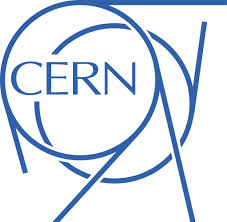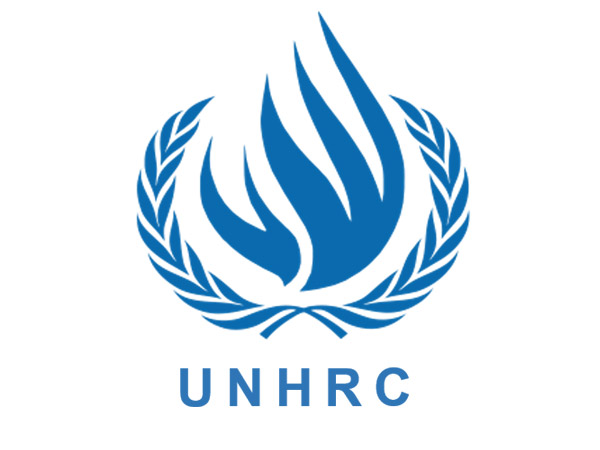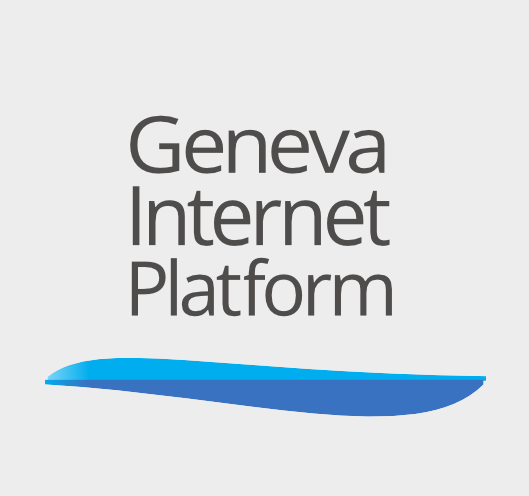Acronym: UNIGE
Established: 1559
Address: Rue du Général-Dufour 24, 1211 Geneva, Switzerland
Website: https://www.unige.ch/international/index_en.html
Stakeholder group: Academia & think tanks
With more than 18,000 students of 150+ nationalities, UNIGE is the second-largest university in Switzerland. UNIGE offers 193 study programmes (102 Bachelor and Master programmes; 91 doctoral programmes) and 392 continuing education programmes. covering an extremely wide variety of fields: exact sciences, medicine, humanities, social sciences, law, etc.
Digital activities
UNIGE has incorporated digital technology into its strategy and appointed a vice-rector in charge of defining and piloting digital initiatives in the fields of education, research, and services to society. A Digital Transformation Office was also set up to identify and connect digital actors within the institution and federate digital activities and projects while encouraging the emergence of innovative projects.
The digital strategy in place considers digital technology both as a tool for teachers and researchers, and as a subject for teaching and research. It brings UNIGE to the fore in debates on digital technology at the local, national, and international level.
An Action Plan accompanies UNIGE’s digital strategy. It is regularly updated to report on progress and incorporate new digital initiatives or projects that have emerged within the university community. It is a guiding document indicating the activities and projects that the Rectorate particularly wishes to support.
Many more digital activities are carried out within the institution, while they are not included in the Action Plan. This is, for instance, the case of the activities carried out by the Division of Information and Communication Systems and Technologies (DiSTIC) along with many digital projects carried out by the academic community and central services. UNIGE is internationally recognized for its research in quantum cryptography, and is developing high-ranking research activities in the fields of digital humanities, autonomous vehicles, and digital law.
More information on the university’s digital strategy and action plan can be found at https://www.unige.ch/numerique/en.
Digital policy issues
Capacity development
In an attempt to develop digital literacy within its community, UNIGE has put in place a series of measures to meet the needs of its students, researchers, administrative staff, and other community members. To this end, the university offers a series of optional transversal courses open to all students and provides training and workshops on particular digital skills and tools for advanced students and researchers. It is also developing and deploying its Open Science roadmap, which includes training on research data management and Open Access publishing.
As part of its digital strategy, UNIGE created a Digital Law Center (DLC) at the Faculty of Law. The DLC provides courses focused on the internet and law. It also organizes its annual Digital Law Summer School, where participants can discuss digital law and policy issues, such as cybersecurity, privacy, freedom of expression, and intellectual property with leading experts from academia and international organizations. Every year since 2016, UNIGE has organized the Geneva Digital Law Research Colloquium (run by the DLC in cooperation with other leading academic centers, including the Berkman Klein Center for Internet and Society at Harvard University). This event is a scientific workshop that gives an opportunity to next-generation digital law and policy researchers to present and discuss various digital policy issues, such as freedom of expression online, copyright, and the internet of things (IoT) with senior high-level experts.
Together with ETH Zurich, UNIGE recently created a Lab for Science in Diplomacy (SiDLab). In this respect, it created two professorships in Computational Diplomacy, developed jointly by the Global Studies Institute (GSI) and the Department of Computer Science of the Faculty of Science. One is specialized in data science, particularly machine learning (ML), and the other focuses on data categorization in relation to complexity theories and global studies. With these two new positions, UNIGE aims to improve the understanding of global issues by developing a new theoretical framework for international relations, using new algorithms and mobilizing computing power to develop scenarios. Leveraging its multidisciplinary culture, UNIGE has recently created a transversal Data Science Competence Center (CCSD) aimed at federating competencies from all faculties and enabling cross-fertilization between various disciplines to develop advanced research and services. Since its creation, more than 600 researchers have joined the CCSD community and actively participate in its research and learning activities. To support the teaching community with digital transformation, UNIGE has created a portal for online and blended learning with a set of resources to help tutors prepare their courses and classes. Some of the resources are intended for self-training, while others provide users with training/coaching opportunities with UNIGE e-learning and blended learning experts.
When students are positioned as partners in university communities, they become active participants with valuable expertise to contribute to shaping the process of digital transformation. The Partnership Projects Program (P3) provides students, alongside academic and professional staff, with the opportunity to bring forward their ideas to improve the digital tools and services at the university. Students and staff are engaged on a project they designed, and they work together towards the shared goal of learning from their partners and improving the university with a solution meeting their needs. At the end of the project, the university may carry on with the implementation of the proposed solution, leading to a new digital service or tool for the community.
UNIGE maintains an IT Service Catalogue where students and staff members can access all digital tools the university provides, such as the UNIGE Mobile App, Moodle, UNIGE’s data storage system, and many others.
UNIGE also offers a number of MOOCs (massive open online courses) open to everyone. Subjects range from Human Rights to Chemical Biology, from Water Resources Management to Exoplanets, or from Investment Management to Global Health.
Future of meetings
UNIGE events are places where experts can meet and exchange ideas, where knowledge and information can be passed on to the university community and to society at large. They are living pillars of UNIGE’s research, teaching and public service missions. The organization of these events has been severely challenged by the COVID-19, but the use of digital tools has made it possible to keep these meeting and exchange places alive. It was also an opportunity to rethink the formats and ambitions of UNIGE events for the long term, as digital tools have the potential to facilitate access to knowledge, increase the influence of UNIGE events, and reduce the environmental impact of participants’ travels.
Many UNIGE events are now being organized in a virtual or hybrid format, such as the Dies Academicus and public and scientific conferences organized by the faculties. For instance, the series of public conferences, Parlons numérique organized each year by the Digital Transformation Office, has a hybrid format allowing remote participants to interact with the speakers. A dedicated website helps UNIGE community members willing to organize virtual or hybrid events.











Social media channels
Facebook @unigeneve
Instagram @unigeneve, @unigenumerique
LinkedIn @universite-de-geneve
Twitter @UNIGE_en, @unigenumerique
YouTube @Université de Genève